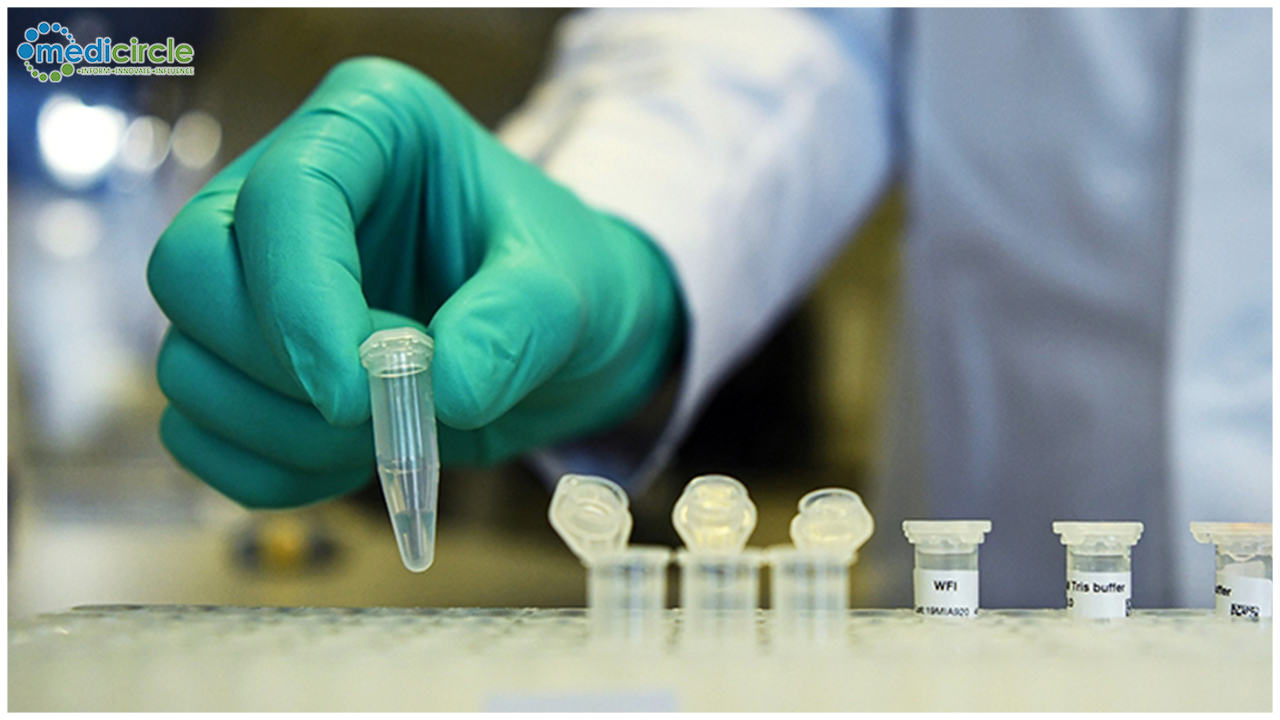Yet another potential vaccine against the new coronavirus is in early development -- one that researchers say could be rapidly made and distributed if it proves effective.The vaccine has only been tested on lab mice, but it's able to spur the animals' immune systems to produce antibodies against the coronavirus that causes COVID-19.
Researchers at the University of Pittsburgh reported the early results on April 2 in the journal EBioMedicine.Much work remains ahead. But if the vaccine proves safe and effective in people, it would have some key advantages in the real world, according to Dr. Louis Falo, one of the senior researchers on the study.
The vaccine is a combination of old and new technology. In much the same way as a flu shot, it exposes the immune system to lab-made pieces of viral proteins -- teaching it to recognize and attack the real virus.What's new is the delivery system, explained Falo, a professor at Pitt's School of Medicine. The vaccine would be given using a tiny patch of "microneedles" that are made entirely of the viral proteins and sugar. The needles simply dissolve into the skin, he said.
This means that the vaccine could be quickly mass-produced, and -- unlike conventional vaccines -- would need no refrigeration.In the context of a pandemic, that matters, according to Dr. Bruce Lee, an expert in pandemic response who was not involved in the research.A vaccine that needs no refrigeration would be easier to distribute on a mass scale, explained Lee, a professor of health policy management at City University of New York.
"It's a huge undertaking to vaccinate a large population as quickly as possible," he said. It's easy to envision having to "move around" many vaccine doses, Lee explained -- if one state initially had too many, for example, while another had too few.
A microneedle vaccine would also be easier to distribute in countries where medical resources are scarce.
Of course, the practicality of any COVID-19 vaccine only matters if it actually works, Lee pointed out. And it will be some time before any of the candidates under development can be proven safe and effective.
Numerous companies and academic research teams are racing to develop a vaccine against the novel coronavirus, and they're taking a range of approaches. Some of the vaccines are designed to work in the classic way: They expose the body to an inactivated version of the virus, or proteins from the virus, to train the immune system to attack the real pathogen.
Others are being developed with newer technology that uses synthesized genetic material from viruses. The genetic material is injected, which instructs the body's own cells to produce a key viral protein; the immune system then learns to recognize and attack the real thing.
One such vaccine, called an mRNA vaccine, is already in early human trials. It was developed by the U.S. National Institute of Allergy and Infectious Diseases (NIAID) and Moderna Inc.
The first phase of the trial -- which is looking at safety and dosing -- launched in what NIAID director Dr. Anthony Fauci called "record speed." But he has also cautioned it could be 18 months before any vaccine is available, and some infectious disease experts have doubted it will happen that soon.
Researchers have been able to rapidly develop candidate vaccines because of what they've learned about related coronaviruses -- specifically the ones that caused the outbreaks of SARS (severe acute respiratory syndrome) in 2003, and MERS (Middle East respiratory syndrome) in 2014.
That research revealed the importance of the viruses' so-called spike proteins in inducing an immune response, explained Dr. Andrea Gambotto, the other senior author on the new study.
The animals given the new vaccine have not yet been followed long-term. But mice that received a previous, similar MERS vaccine produced enough antibodies to neutralize that virus for at least a year; the antibody levels with this experimental vaccine are following a similar pattern, the Pitt researchers said.
They are applying for an investigational new drug approval from the U.S. Food and Drug Administration, and hoping to start the first phase of human testing in the next few months.
What if the COVID-19 pandemic ends before any of these vaccines become available? That does not mean their development is for naught, Lee said.
While people infected with this coronavirus may have immune protection against it for a time, no one knows how long that immunity lasts. Coronaviruses can mutate, Lee said, and "there's talk of us being stuck with this."
So, an effective vaccine 18 months from now would still be welcome. "We certainly don't want this to happen again," Lee said of the pandemic.
Story Credit US News

 US vaccine for COVID-19 makes significant progress.
US vaccine for COVID-19 makes significant progress.









.jpeg)

.jpg)


.jpeg)
.jpeg)


.jpeg)
.jpg)





.jpeg)


